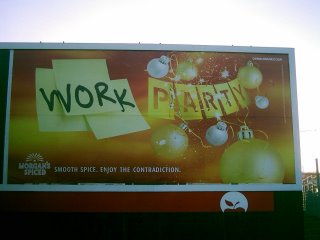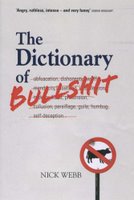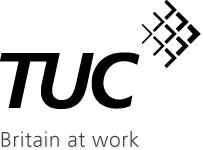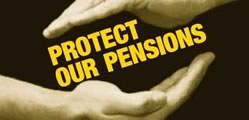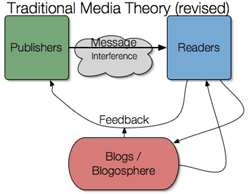Employing adults with autism: Don't write them off - Louise Tickle, The Guardian, 17 October 2009.
Bloggers are the authors of their own destiny - Huma Qureshi, The Guardian: Work, August 15, 2009.
Employers bring blogs in from the dark - Marley Obi, The Scotsman, July 27, 2007.
Clever blogs - Hannah Frankel, The Times Educational Supplement, February 2, 2007.
Blogging and work - WorkSmart (TUC), January, 2007.
Bloggers' guide to your dream job - Nicole Mowbray, Cosmopolitan, December, 2006, pp. 132-137.
The Blogs: a story of internet folk - David Derbyshire, The Daily Telegraph, July 22, 20o6, pp. 10-11.
Best of the blogs - David Stonehouse, The Age, June 15, 2006.
Simply the best - David Stonehouse, The Sydney Morning Herald, April 29, 2006.
This is what I did at work today... - Nic Paton, The Mail on Sunday: Financial Mail, January 2006, p.25.
Blogging is more than a fast track to joblessness - Patricia Kitchen, Newsday: Business, November 5, 2005.
Web Watch - The Times, October 25, 2005.
Blabbing on blogs - Margarita Bauza, Detroit Free Press, August 8, 2005.
Best of the Web: The Blogs That Matter - Forbes.com, August 2005.
Guest blogger at:
What did you do at work today? - Bloggapedia, May 15, 2006.
Other flattering mentions:
Summer Intern + Blog = Unemployment? - Melissa McNamara, CBS News: Blogophile, May 31, 2006.
Learn About Different Careers Through Work-Related Blogs - Workers Work, June 2, 2006.
Mentioned in:
To contact me click here.
I am now also "searchable" (via Newtex) at LexisNexis.





